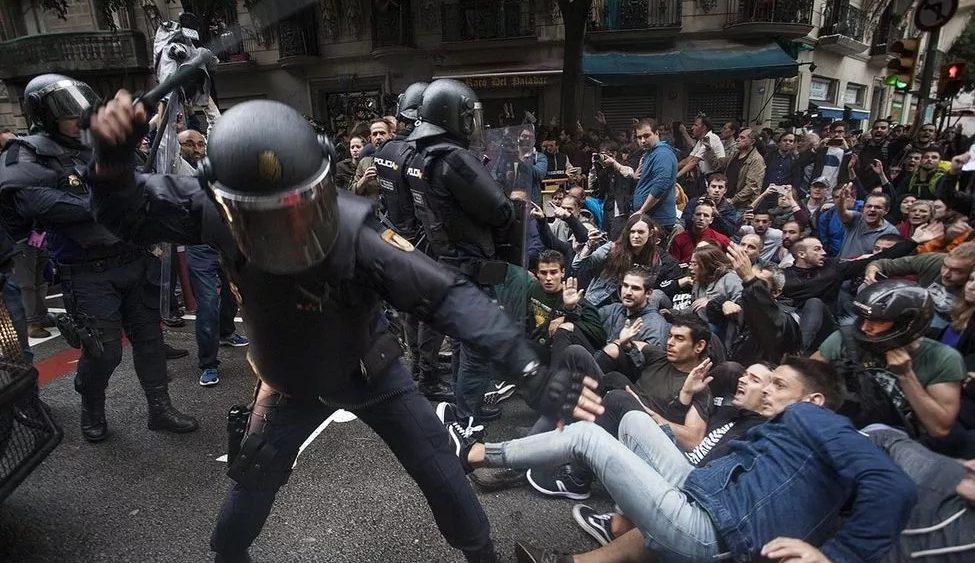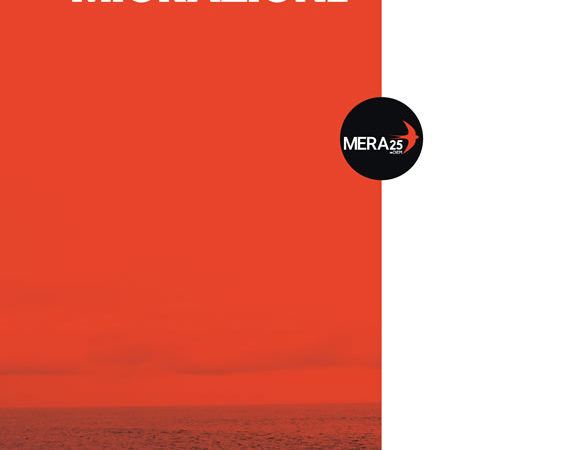It is tempting, when looking at the events around Sunday’s Catalonian referendum, to not take a stance. The process went wrong from the very beginning, and it is easy to find fault on both sides of the story. So, it would be easier to brush the problem aside as a Spanish internal matter.
This seems to have been precisely the EU’s position, following the referendum and the subsequent over-reaction of the Spanish National Police. Very few voices were raised against the way the referendum was pushed through the Catalonian Parliament under a dubious procedure, but even fewer against the completely disproportionate reaction by the Spanish central government. The EU clearly does not want to rattle one of its member states, especially when its government belongs to the prevailing political family in Europe (the European People’s Party).
But, in this case, a neutral stance is not an option. Not reacting to the strong-arm tactics of the Spanish government to try to prevent the referendum from taking place, will only bolster governments in countries like Hungary or Poland, which have already shown a penchant for authoritarian forms of government, completely at odds with the European ideal of freedom and liberal democracy.
So let’s be clear: the EU should unequivocally condemn any use of police or military force when dealing with what is, at its heart, a political problem. Furthermore, the EU should have taken a role much earlier in Catalonian referendum issue, trying to mediate between the parties on both sides, helping them achieve a satisfactory settlement under the umbrella of the EU’s democratic institutions.
If the EU is to fulfil what its forefathers dreamed of, it would be irrelevant whether Catalonia were a part of Spain or not, as they would both part of a larger area of freedom and citizenship.
All of us should unequivocally condemn the use of force to prevent a referendum, regardless of the merits or legal validity of that referendum. The EU should be a platform dedicated to the promotion of peaceful co-existence, the upholding of human rights and civil rights, and the quest for democratic solutions to Europe’s problems. To that end, the EU must become, itself, more democratic and responsive to all its citizens aspirations, and use that increased legitimacy to help mediate any conflicts within its borders.
José Luis Malaquias is a DiEM25 member and a Physics engineer based in Portugal.
Volete essere informati delle azioni di DiEM25? Registratevi qui!




